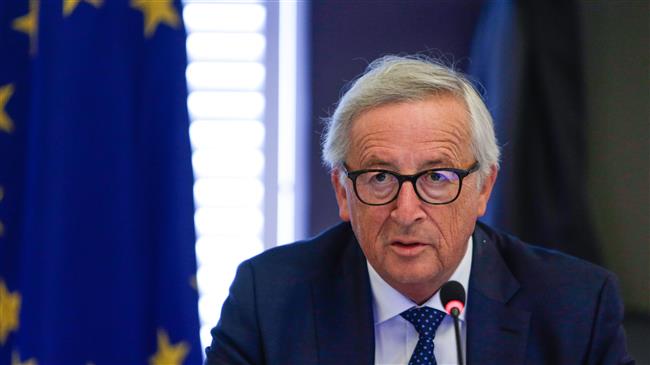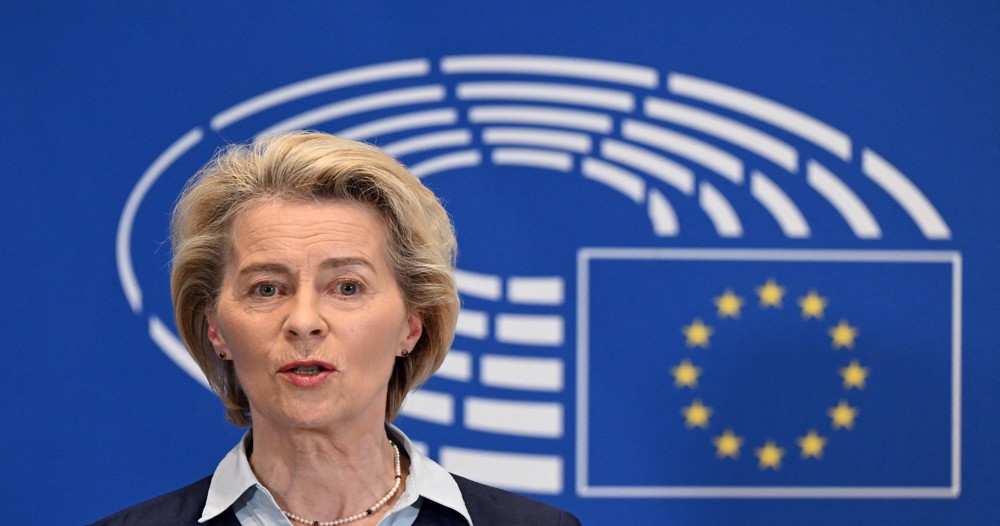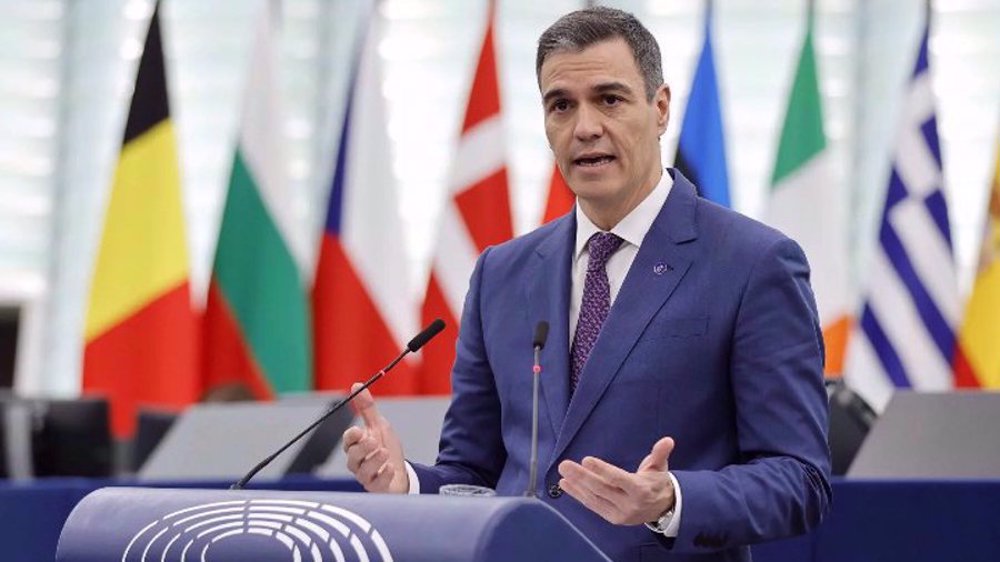'European Commission backs abolishing daylight saving'
The European Commission will recommend EU member states abolish daylight saving, where clocks are advanced by one hour in summer, its president Jean-Claude Juncker said on German television Friday.
"We carried out a survey, millions responded and believe that in future, summer time should be year-round, and that's what will happen," he told public broadcaster ZDF, adding that European Commission planned to decide on the matter later Friday.
“I will recommend to the commission that, if you ask the citizens, then you have to do what the citizens say,” said Juncker, speaking in German.
“We will decide on this today, and then it will be the turn of the member states and the European Parliament,” he added.
An online poll suggested that more than 80 percent of Europeans were against the annual ritual of adjusting clocks forward by one hour in the spring and then back an hour in the autumn, a practice used across most of Europe and North America.
Any change would still need approval from national governments and European Parliament to become law.
EU law requires that citizens in all 28 EU countries move their clocks an hour forward on the last Sunday in March and switch back to winter time on the final Sunday in October.

But Finland, with the most northerly EU national capital, this year called for the EU to halt the practice, which critics say it can cause long-term health problems, especially among young children and elderly people.
Research has shown that the time change disrupts sleep schedules and can impact productivity at work.
Supporters say making the switch to give extra morning daylight in winter and evening light in summer can help reduce traffic accidents and save energy.
Outside the EU, a handful of European countries have stopped switching between summer and winter time, including Russia, Turkey, Belarus and Iceland.
Earlier this month, Prime Minister Shinzo Abe ordered his ruling party to study whether to introduce daylight saving time for the Olympic Games in 2020 as a way to deal with Japan’s intense summer heat.
According to a Kyodo News poll published on Sunday, 61.8 percent said they are opposed to the idea of daylight saving time, while 30.8 percent support it.
(Source: Agencies)
Israeli airstrike kills at least 7 people in Rafah
VIDEO | Iranians hold nationwide demos in support of IRGC
Syria condemns US veto of Palestine UN membership resolution
Iraqi resistance forces hit Israeli Ovda air base
Hackers break into Israeli military’s computers, access trove of documents
Tulkarm Brigade commander killed by Israeli forces in raid on refugee camp
Zionist media desperately trying to turn Israeli defeat into victory: Iran
VIDEO | Press TV's news headlines










 This makes it easy to access the Press TV website
This makes it easy to access the Press TV website